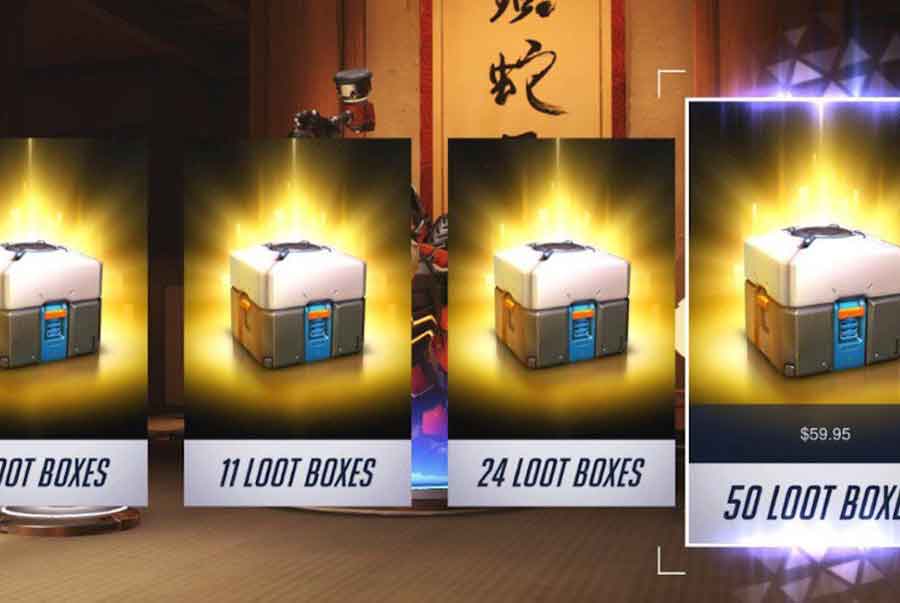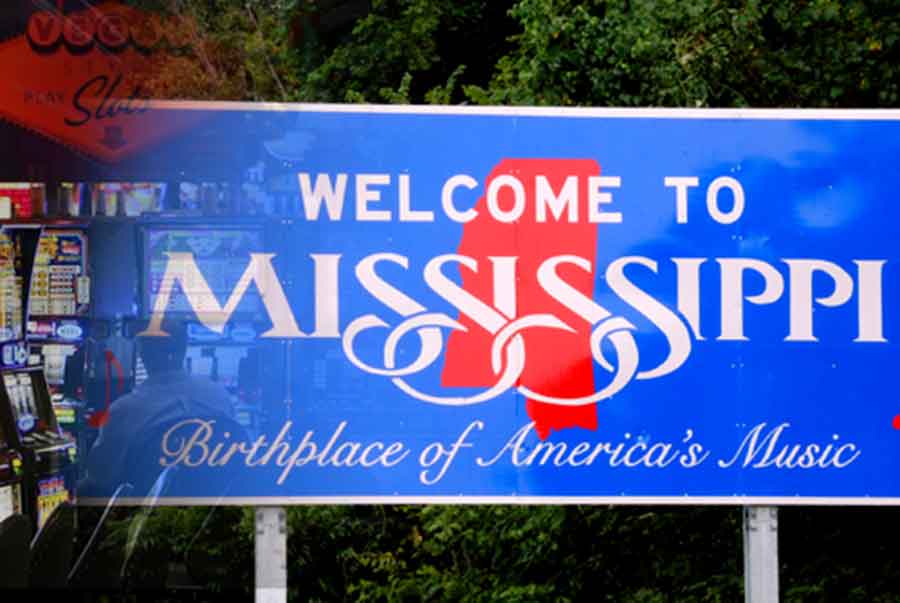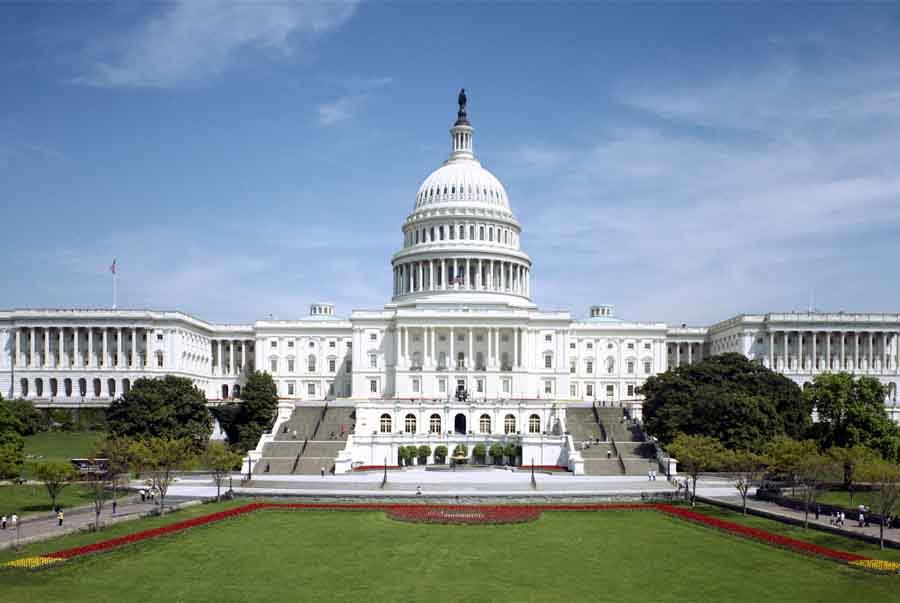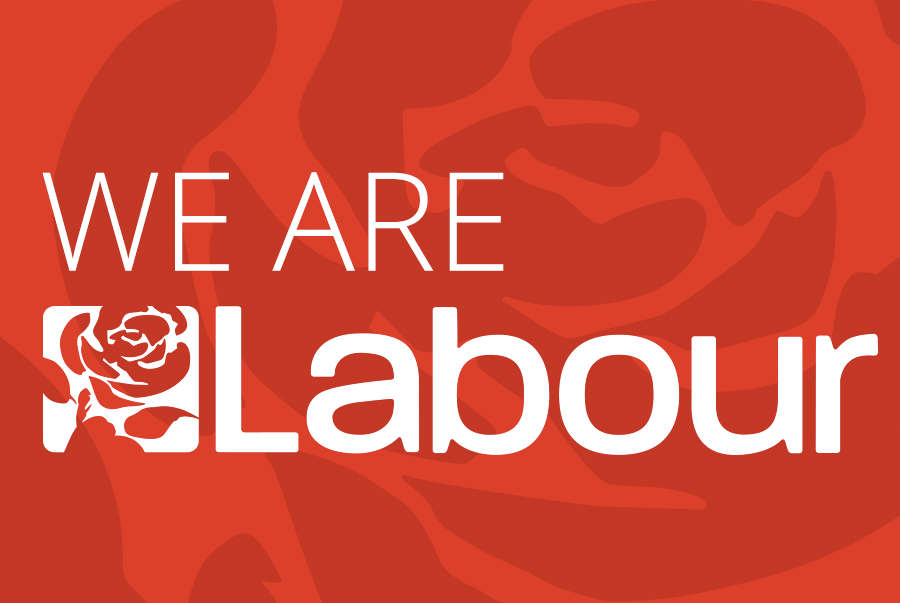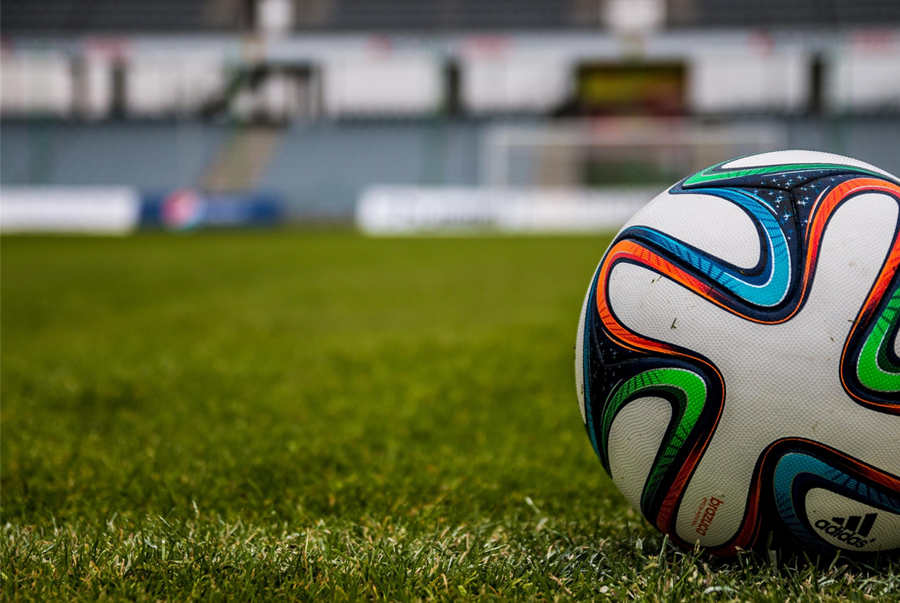The most intense criticism of loot boxes came in late 2017 after being stoked by the Star Wars Battlefront 2’s subsequently-revised progression system. For a while after that, it seemed that the conversation had cooled a little with industry working conditions and net neutrality regulations taking the center stage for a while. This was, however, short-lived s regulators from around the worlds began to crack down on the practice citing concerns that the loot boxes were promoting gambling both illegally and to underage people.
This turned the issue from being a mere consumer criticism to a full-fledged legal question. In Belgium, for instance, the government is of the opinion that loot boxes are a form of gambling and should thus be regulated in the same that all other forms of gambling are. Other countries have taken similar stands as well and in 2019 we should expect even more twists in as far this particular issue is concerned.
As it is, much of the legal battle involving loot boxes revolves around concepts of transferability, real money value as well as publisher profits. Transferability refers to the whether or not items offered by the loot boxes are tradeable which would make them commodities in real money transactions. It has been argued that the game publishers are profiting indirectly off the aftermarket value items that are found in the loot boxes offered in their games – this is simply because increased value of potential rewards increases the demand.
The Crackdown on Loot Boxes
The crackdown on various loot box mechanics began in the Netherlands in early 2018 after the country’s gaming authority found 4 out of 10 games it investigated to be in need of a gambling license if they were to continue operating within its borders. This was followed by a number of media reports which named Dota 2, Rocket League, FIFA 18 and PlayerUnkown’s Battlegrounds as these first wave offenders. Other countries also began to look into loot boxes at about the same time – these included the United Kingdom, the United States, China, South Korea, and Australia.
What Is in Store for Loot Boxes in 2019?
Well, one thing is for sure – even though several governments are regulators are seriously investigating loot boxes, the law is more often than not very sluggish when it comes to catching up with changing realities of the information age. That said, this sluggishness is certainly bound to leave loot boxes in the legal grey area in many parts of the world which might be a problem in the future in case some of the loot boxes do indeed promote gambling.
